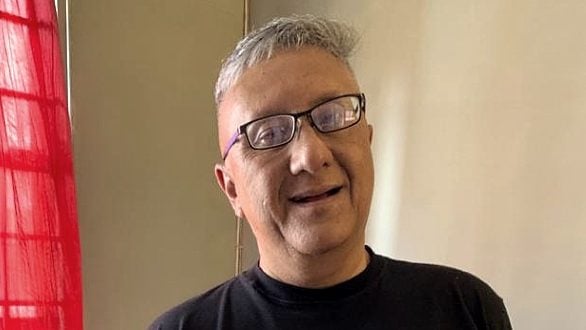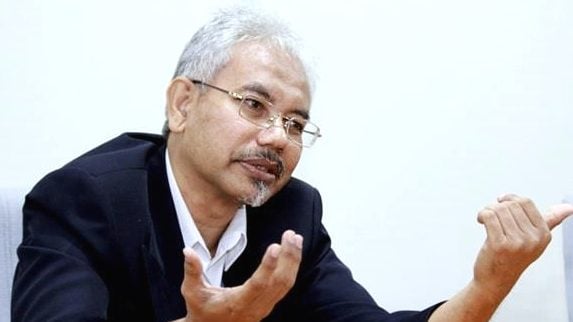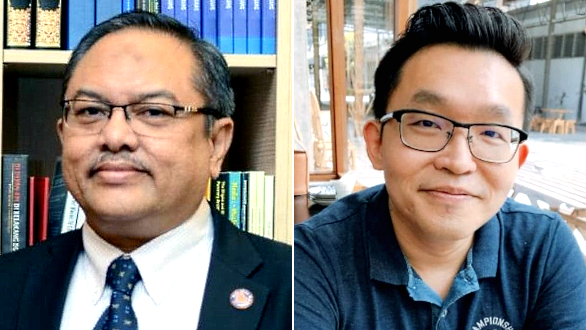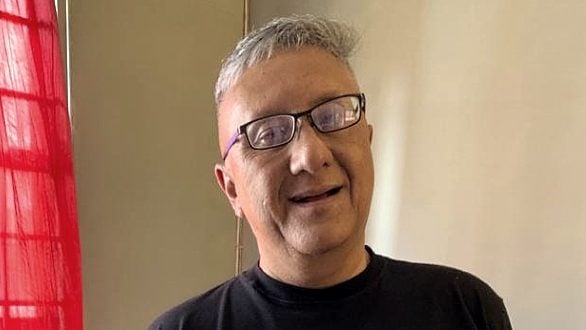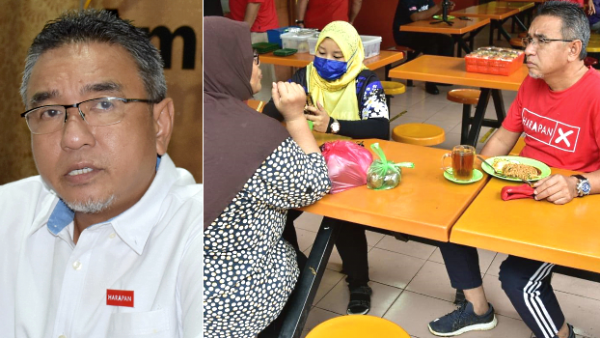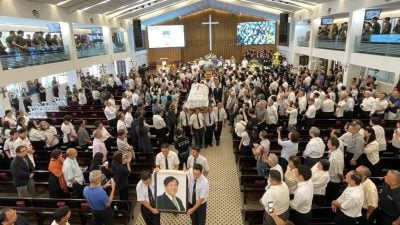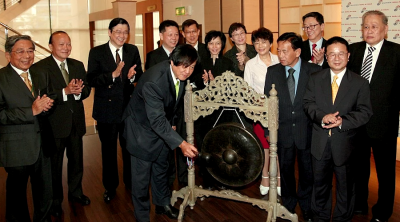Sin Chew Daily
On October 4, four pro-PN assemblymen in Melaka defected in support of the opposition Pakatan Harapan. Subsequent to it, the state assembly was dissolved.
According to the state constitution, an election has to be held. Alternatively, a Sarawak-style state of emergency could be proclaimed, and a caretaker government appointed until the COVID-19 pandemic is under control and fresh state election can be held safely.
On Oct 18, EC chairman Abdul Ghani Salleh announced that nomination will fall on Nov 8 while the polling is to be held on Nov 20.
It is still premature now to tell whether the distribution of seats post-election will remain largely the same or completely upended.
The state election this time is wholly attributed to the defection of Idris Haron and three other political “frogs” in favor of PH.
Isn’t it that an MoU has been signed between the government and the opposition and we are about to enact laws to block the “party-hopping” culture?
By right, as a direct victim of party-hopping, PH should be strongly against such a wicked political culture.
Unfortunately, PH has failed the Malaysian public this time by welcoming the defection of these four assemblymen. The coalition’s de facto leader Anwar Ibrahim even said he respected the decision of the four assemblymen to be with PH.
Of course, we have no choice but to “respect” Anwar and the four assemblymen the way we were forced to “respect” Azmin Ali et al who brought down the PH administration.
The hard earned reputation of PH is now tarnished by the four assemblymen as it opted to renege on its principle. Anwar has missed a golden opportunity to sever any tie with the defectors and is now choking the chance of possibly reestablishing the PH administration in Melaka and at the federal level.
To the PH, fielding the candidates this time is not that complicated at all. Minus the four seats to be ceded to Idris Haron and his fellow defectors, PH still has ample resources to allocate to the remaining 24 seats, but the damage from embracing the defectors has been done and will cost the coalition dearly.
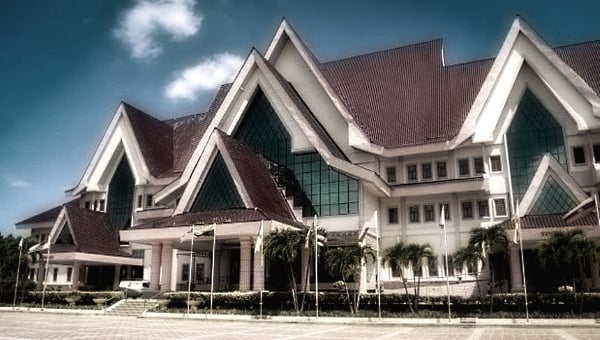
To the ruling PN, before winning the state election, it will have to first resolve the seat allocation problem.
Umno, Bersatu, PAS and MCA all want their seats, and the way the seats are distributed will determine how successful PN will be in the election war.
If the outcome of the last election is to be duplicated, then obviously the chance is on PN’s side.
In 2018, Umno contested 18 seats and won 13 to become the biggest winner of any individual party. MCA lost all the eight seats it contested, Bersatu won only two out of six under PH, while PAS lost all the seats it contested.
Nevertheless, PAS’ votes were quite impressive in six of the constituencies, including Ayer Molek. If Umno and PAS manage to pool their resources together, coupled with the the existing seats won by BN, it should be able to recapture the six seats lost in the last election because of PAS, and defeat PH 19:9, making Bersatu totally irrelevant in the race. Anyway, PAS will not miss the opportunity to negotiate with PN over these six seats.
The outcome of the last general election will invariably be used by PN as a reference in seat allocation this time. Among the 28 seats up for grabs, Umno is set to have its own candidates fielded in all the 18 constituencies it contested last time. Sure enough Bersatu is not going to be contented with the six seats allocated to it last time while PAS will not give any chance of capturing a seat or two in the state. And MCA will not go empty-handed too.
If this is the case, we may need to have at least 35 seats just to satiate the big appetites of individual PN parties.
It is only three weeks away from the nomination day, and we will see how Umno, PAS and Bersatu are going to put aside their differences for a peaceful winnable solution.
Additionally, we will also see how PH is going to excuse itself from accepting the four defectors. They still have full 30 days to do this.
ADVERTISEMENT
ADVERTISEMENT






